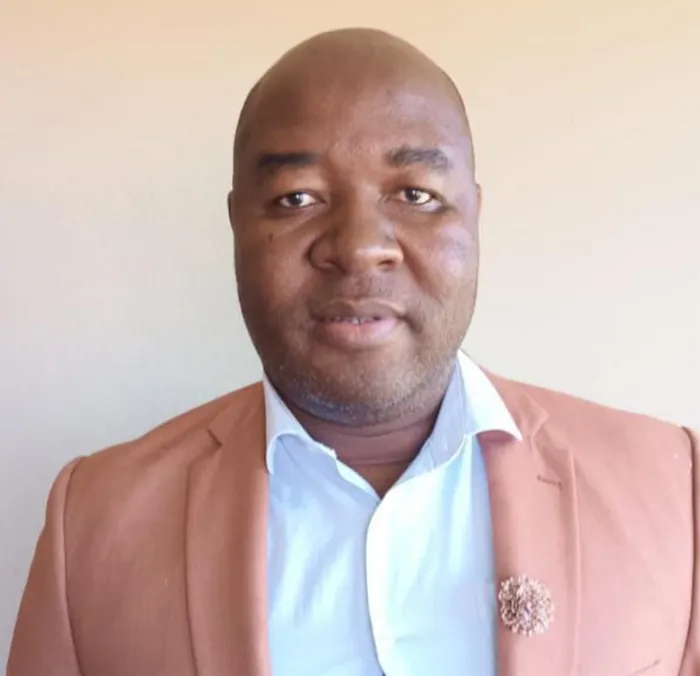Education activist calls for the preservation of Afrikaans culture

Education activist, Hendrick Makaneta. Picture: Supplied
Education activist Hendrick Makaneta has called for the preservation of Afrikaans culture and heritage.
Makaneta urged the South African government to take immediate and concrete steps to preserve Afrikaans language and cultural heritage.
His call comes amid growing concerns about the erosion of Afrikaans in South African schools and society.
“The Afrikaans language and culture are an integral part of South Africa’s rich diversity,” Makaneta said.
“It is essential that we protect and promote this heritage for future generations, lest we risk losing a vital component of our national identity,” the activist said.
Makaneta emphasised the importance of multilingualism and cultural diversity in South African schools.
“By preserving Afrikaans we are not only honouring our past but also fostering inclusivity, social cohesion and cognitive benefits associated with multilingualism.
“The decline of Afrikaans is happening at an alarming rate. We have a duty as society to embrace the use of Afrikaans as a language not only in schools but also in our communities.
“Our national Springbok team is a symbol which we can continue to use for unity and cohesion. We will not be able to maintain unity and cohesion if Afrikaans is excluded from the public education space.
“The decline of Afrikaans language instruction in schools, limited resources for Afrikaans language and cultural initiatives, and exclusion of Afrikaans from the public education space are pressing issues that require urgent attention,” Makaneta said.
Furthermore, he pointed to the national Springbok team as a symbol of unity and cohesion.
“The team’s history and success have shown that sport can bring people together across linguistic and cultural divides. By embracing Afrikaans as part of South Africa's diverse heritage, the country can continue to leverage the Springboks as a unifying force.”
To address these concerns, Makaneta recommended promoting Afrikaans language instruction in schools, increasing resources for Afrikaans language and cultural initiatives, and encouraging community engagement and multilingualism.
Preserving Afrikaans will preserve the national identity and cultural diversity, foster inclusivity and social cohesion, enhance cognitive benefits associated with multilingualism, and support economic development through language tourism.
Makaneta invited all stakeholders, including government officials, educators, community leaders, and citizens, to join him in advocating for the preservation of Afrikaans language and cultural heritage.
“Together, we can ensure that Afrikaans continues to thrive as a vital part of our national identity,” he said.
Last year, the Freedom Front Plus (FF Plus) called on the CRL Commission as a Chapter Nine Institution of the South African Constitution to promote the protection of the rights of cultural, religious and linguistic communities.
The organisations said this gesture would sow some seeds for the conservation and promotion of all language communities in South Africa.
The FF Plus siad: “The CRL Commission is a Chapter Nine Institution of the South African Constitution. The visit transpired after the FF Plus extended an invitation to the commission last month during a meeting of the Parliamentary Committee on Co-operative Governance and Traditional Affairs (Cogta) to find out first-hand what the monument symbolises.
“The aim was to allow the commission to assess the Afrikaans language, its indigenous development and history, and its significant role in South African society with greater understanding.
“The FF Plus’s desire is that the commission’s starting point should always be to find out first-hand just how deeply rooted a language is in its speakers’ hearts, culture and history. This links directly with the commission’s mandate to promote respect and the protection of the rights of cultural, religious and linguistic communities.”
The idea is to foster “peace, friendship, humanity, tolerance and national unity among cultural, religious and linguistic communities,” FF plus said at the time.
The Star
sipho.jack@inl.co.za